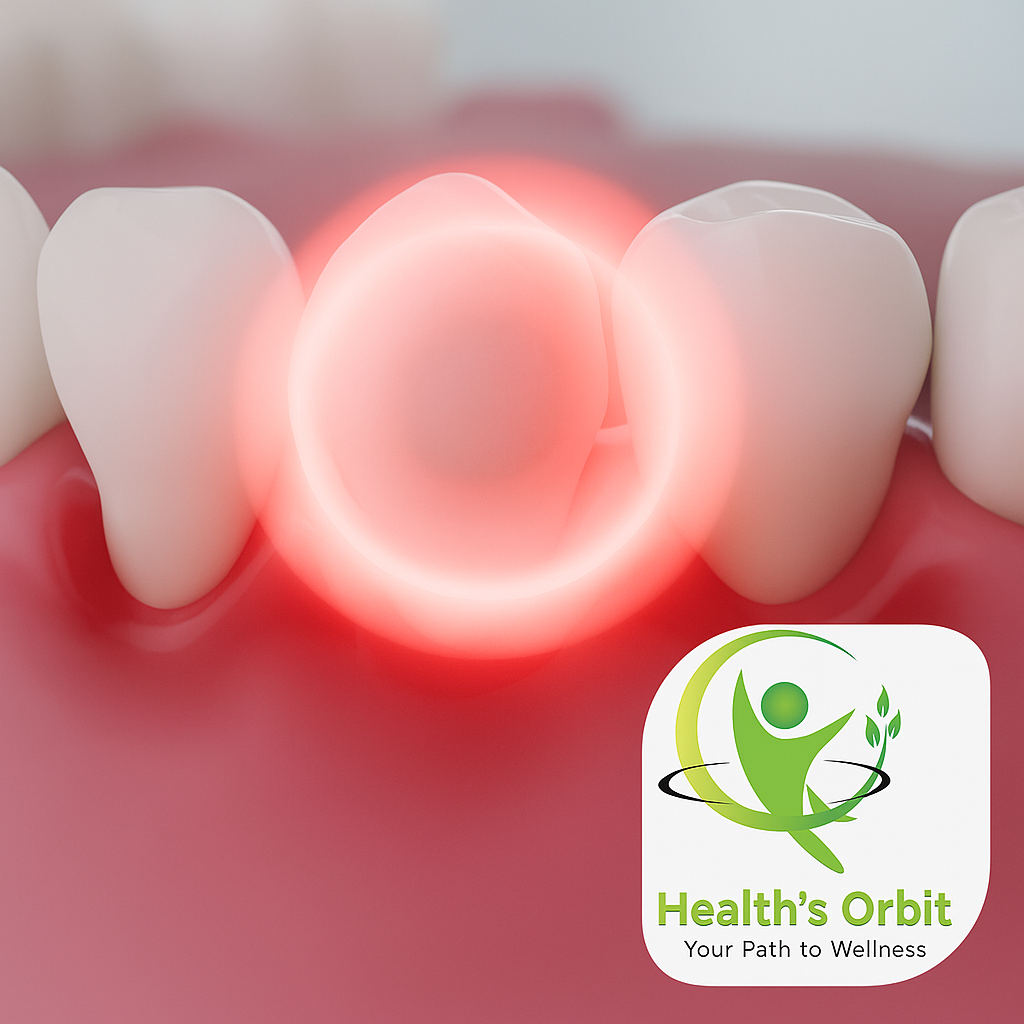The dental implants have been adopted as the new standard of dentistry in the replacement of the missing teeth. They not only make you smile again, but they also keep your jawbone healthy and efficient in chewing. Nevertheless, the most obvious question people usually ask is the following: what kind of dentist does implants? When you know which profession in the dental field can take upon the implant action and the course of action itself, you can be educated regarding your dental hygiene.
Understanding Dental Implants and Their Purpose
Titanium is a surgically implanted artificial tooth root in the form of dental implants which are used to replace missing teeth. They are a solid base of crowns, braces or dentures, which will simulate the shape of real teeth and its role. It consists of a number of procedures, such as consultation, surgery, recovery and final restoration. Implants are permanent and stable as opposed to removable dentures. They also maintain bone density that causes facial sagging that is usually as a result of missing teeth. The whole process of the dental implant might take several months, based on your healing ability and condition of the mouth but the outcome is that of the natural appearing smile which can last a lifetime with proper dental implant care.
The Different Types of Dentists Who Perform Implants
In the context of dental implants, you will have a number of dental professionals that might be engaged in various phases of implantation procedure. We shall now see who they are and what their part is.
Prosthodontist: The Restoration Expert
A dental expert with an interest in tooth restoration and replacement is known as a prosthodontist. They are given extra years of training on how to handle the complicated cases of oral restorations in the form of crowns, bridges, dentures and dental implants as well. Prosthodontist is your chosen profession in case you are looking for someone who can arrange and fit your substitution teeth with accuracy. They conduct the dental implant restoration business, so the artificial teeth will fit in the natural way with your teeth and face.
Oral Surgeon: The Surgical Specialist
The dental implants would normally be installed in your jaw bone by an oral surgeon. They specialize in oral and maxillofacial surgery and they deal with complicated cases including bone grafting, jaw positioning and extractions. When you have a complex medical history and your general dentist notices that the bone loss is very severe then the oral surgeon is referred to carry out the surgical part of the dental implant process. Their experience guarantees accurate placing of implants and a reduction of the chances of complications in the course of healing.
Periodontist: The Gum and Bone Health Expert
A periodontist is an expert who is concerned with the prevention and treatment of gum disease and bone disease that sustains your teeth. Due to the fact that implants are heavily dependent on healthy bone structure and gums, periodontists are usually the ones who analyze the eligibility of implants. They also do bone grafts where there is a need and take care of the health of gum around implants during and after healing. A periodontist would probably be the most appropriate decision to make when you already have a history of periodontal disease and yet you still want to have an implant surgery.
General Dentist: Your Primary Care Coordinator
Although general dentists may not carry out the surgical side of an implant, most of them carry out the whole procedure. They regulate your applicability, communicate with experts and look at placement of crowns once the inculcate is properly fixed to the chin. Other general dentists are also trained to carry out simple implant surgeries especially when the patient is well endowed with sufficient bone and gum. Always make sure your dentist is nicely qualified before presenting any dental method.
The Dental Implant Procedure: Step-by-Step
Getting a dental implant involves numerous degrees, every designed to make certain a robust and natural-searching end result. Here’s what generally takes place throughout the technique.
Step 1: Initial Negotiation and Planning
The first step is the session, where your dentist assesses your oral fitness, discusses your goals and creates a remedy plan designed just for you. They will also check such conditions as gum disease or lack of bone density. It is also at this point that you can answer questions like: can a dentist tell you whether you vape or not since both smoking and vaping can have a significant influence on the amount of time it takes to heal and even the success of the implants. Nicotine inhibits the supply of blood to the gums, postoperative recovery is postponed.
Step 2: Surgical Placement of the Implant
When you are given clearance to have surgery, the oral surgeon or periodontist implants you in your jawbone. This is a process undertaken in general anesthesia. The platinum post merges with your bone within a diverse fortnight after a progress referred to as stable. Once this process has been accomplished, your dentist can place an interim crown to grip up your image until the implant cure.
Step 3: Healing and Integration Phase
The stage of dental embed recovery is crucial. Depending on your oral health, age and lifestyle habits, healing may take a long period between three and six months. It is within this period that the implant is well anchored to the jawbone which forms a stable foundation to the final restoration. Strict oral hygiene and not smoking, vaping or eating hard food at this age would make the recovery easier.
Step 4: Attaching the Abutment and Crown
After the cure is done, a support, a small connector is positioned on the implant. It will be then enfold by your prosthodontist or dental practitioner with a fake crown. It is the cavity of the tooth that is noticeable and it is what parallels your naturalistic smile. This is a delicate procedure that cannot be done without a lot of accuracy because even a small step in the wrong direction can have an impact on your bite and comfort. Your dental profession will affirm that the crown is perfectly ranged to the rest of the teeth, repeat functions and beauty to them.
How Much Does Dental Implant Surgery Cost?
The fee of denture implant surgical treatment can range depending on several factors, along with how many implants you need, the substances used and the way complex your case is. In common, a single dental implant charges between $3000 and $6000 which usually covers the session, imaging, surgical procedure and recuperation. However, extra tactics like bone grafts or sinus lifts can increase the general cost. It is better to request a specific estimate and go on. There are insurance programs that will partially cover the process especially when it is medically required but they mainly consider implants as a cosmetic process.
Post-Operative Care and Long-Term Maintenance
After having your implant installed, the way to gain long and healthy teeth is to make sure that you look after it. Success of implant is not only related to the competence of the surgeon but also on your after operative practices.
Daily Oral Hygiene
It’s critical to care for your dental implants to maintain them wholesome and long lasting. Brush gently with a gentle-bristled toothbrush and easily carefully across the gums. Interdental brushes or floss consultants may be beneficial to clean throughout the retrospective post and crown.
Regular Checkups
This will be done by programming regular checkups by your dentist to assess the stability of the implant and the gingivitis. Regular professional cleanings assist decrease the chance of contamination and expand the lifestyles of your dental implants.
Diet and Lifestyle Adaptation
Avoid chewing difficult ingredients like ice or nuts all through the early recovery degree, as this may place pressure on your implants and sluggish down recuperation. You are non-smoker or vape which slows down the relieving process and biases the risks of implant disease integration. If you revel in swelling or pain, your dentist might also prescribe pain relief or anti-inflammatory remedy to assist with healing.
Future Complications and How to Avoid Them
Although dental implants have a high fulfillment charge, complications can nevertheless occur if they may now not be nicely cared for. These can be infection, nerve damage or loosening of the implants. These threats are lower by following the directions of your dentist and training oral hygiene. It is also important not to subject the implant to too much physical stress during the healing process. In case you observe one of the associated symptoms, like a bump on the roof of your mouth or constant pain in the area of the implant, then you will need to call your dentist as soon as possible to get it checked.
Conclusion
The most important factor in an implant process is the selection of the appropriate dental professional. While well-known dentists, oral surgeons, and periodontists all play key roles inside the process, the prosthodontist is liable for designing and setting the very last restoration with precision. Always make sure that your dentist is well-skilled and makes use of notable materials before proceeding together with your remedy. Questions to ask include costs, recovery time and long-term maintenance. You can have your implants to last decades with the appropriate expert and hardworking dental implant treatment, re-giving you your smile, faith and even coziness. A dental prosthesis is apart from a makeover, it is a bet on oral health. Understanding some of what a dentist does and what to expect from the dental implant policy equips you to make assured decisions in a lifespan of radiant smiles.















